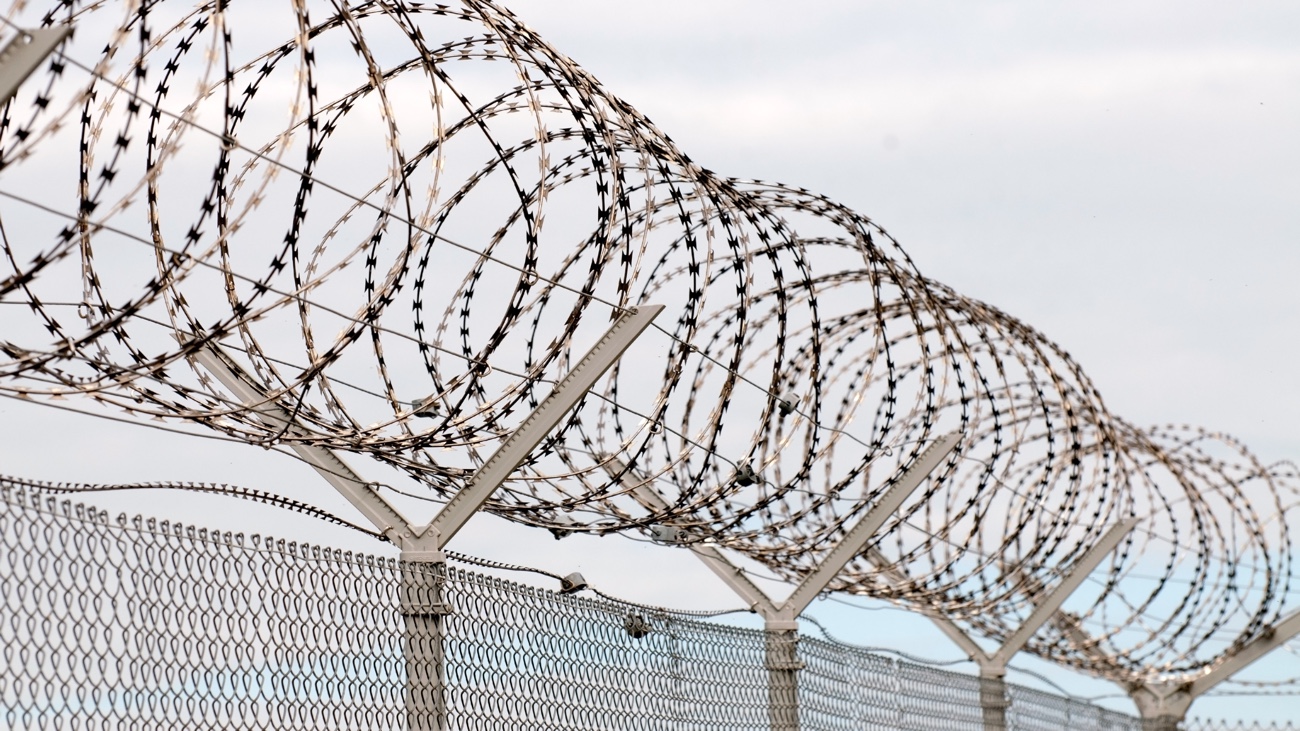
In February, 843 students from all 22 Canadian law schools joined forces in a weekend legal-research project. The goal was to help refugees afflicted by U.S. President Donald Trump’s executive order, which suspended the U.S. refugee program. This past Thursday, the students released a report with their findings.
At issue is the Canada-U.S. Safe Third Country Agreement (STCA), which forbids asylum seekers from making a refugee claim in Canada if they arrived in U.S. first. This drove some refugees with pending applications in the U.S. to illegally cross the border, out of fear of being deported home, where many will face persecution. Unauthorized crossings are extremely dangerous. So to remove the risk, law students in February searched for legal materials that could assist the Canadian Centre for Refugees in a potential challenge against the agreement.
The report calls for the STCA to be suspended immediately, and contends that the U.S. is no longer safe for refugees. By participating in the STCA, according to the report, Canada is violating the Canadian Charter of Rights and Freedom and international laws. Canada is putting refugees returned to the U.S. in jeopardy of being deported, incarcerated and being left without the right to legal counsel.
“As students,” says Kim Veller, who participated in the research and chairs the Osgoode Hall chapter of the Canadian Association of Refugee Lawyers (CARL), “we feel there’s more than enough reason, just on the basis of law, to suspend the agreement immediately.”
She hopes the report will help Canadians recognize that Canada is breaching its legal responsibilities to asylum seekers, and prompt more pushback against the agreement.
Many law students who helped with the research felt strongly about the issue. So when they saw the final report, put together by a team of McGill law students, they were proud. “We feel like we can push back and take hold of the law,” says Veller. “It’s exciting for students to see we can use the law to advocate for the rights that we believe in.”
